Funny book titles in Prince Edward’s Library.
In the library of the Prince of Wales (later Edward VIII) at Marlborough House were many false book spines inscribed with amusing titles, most dating from the Victorian age. The following particularly amused the Prince.
Boyle on Steam.
Lady Godiva on the Horse
Constable’s notes on motoring.
Bacon’s History of Greece
Nine Tales of a Cat
The Voyage of Noah by Arkwright.
Payne’s Dentistry
Warm Receptions by Burns
First Sight by Lovett.
Spare the Tree by Hewett
Cochin’s Lays of China.
‘The Prince is often amused at visitors who cannot find their way out of this quaint library. There is no apparent exit, but one of the morocco volumes bears the title “ The Passage Out “, and it is in the centre of the door, so that the discerning explorer soon has a clue to his escape.’
Charles Wesley meets ‘ Beau’ Nash.
The great Wesley once had an encounter with the pompous Beau Nash. The meeting was in a narrow street, and the right of way obviously belonged to the divine. The dandy, drawing himself up proudly, said in his most haughty manner:
“I never make way for fools.”. I always do”, said Wesley, quickly stepping aside.
Kipling’s autographs
A comical situation arose some years ago when the writer made a habit of paying even small bills by cheque. He found that his balance was much larger than the counterfoils of his cheque-book warranted. It was discovered that local tradesmen never cashed his cheques. They found that admiring visitors would often willingly but them for much more than the values for which they were drawn. [Above is Kipling’s house in Sussex] Continue reading


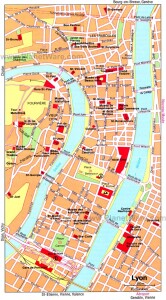
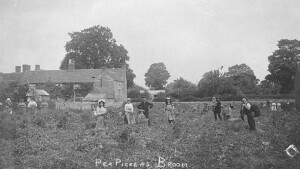
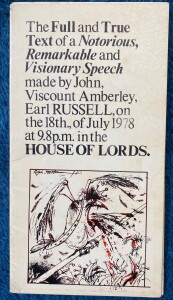 Open Head Press about 1980 at 50p. It came from the estate of the Dutch radical Simon Vinkenoog whose birthday (18th July) was the same day as this revolutionary (not to say crazy) speech was given. It has the full text of Earl Russell’s 1978 maiden speech to the House of Lords.
Open Head Press about 1980 at 50p. It came from the estate of the Dutch radical Simon Vinkenoog whose birthday (18th July) was the same day as this revolutionary (not to say crazy) speech was given. It has the full text of Earl Russell’s 1978 maiden speech to the House of Lords. 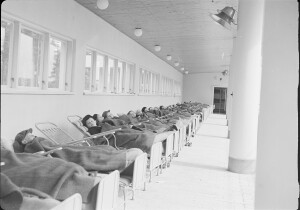
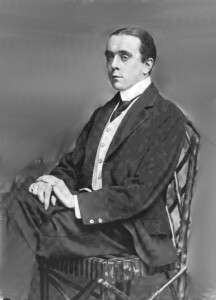
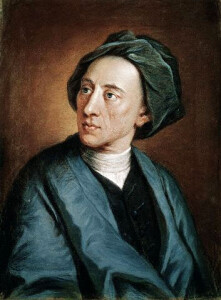

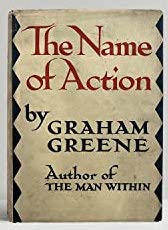
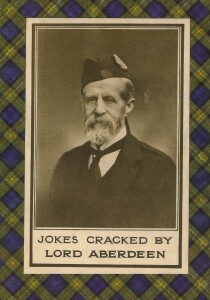
 ‘Magdalen, both the most beautiful and the most intellectually diverse. Christ Church is an unreconstructed sanctuary of the worst in British snobbery; Balliol is like an American law school, full of politics and ambition. Magdalen has everything : class warfare on even terms, superb tutors, an immense spectrum of interests and tastes’. Other colleges are available…
‘Magdalen, both the most beautiful and the most intellectually diverse. Christ Church is an unreconstructed sanctuary of the worst in British snobbery; Balliol is like an American law school, full of politics and ambition. Magdalen has everything : class warfare on even terms, superb tutors, an immense spectrum of interests and tastes’. Other colleges are available…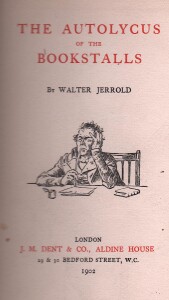 We at Jot 101 had not imagined the travel writer and biographer Walter Jerrold ( 1865 – 1929 ) to be a frequenter of second-hand bookstalls, but there he is as an unabashed collector of ‘unconsidered trifles ‘ in Autolycus of the Bookstalls (1902), a collection of articles on book-collecting that first appeared in The Pall Mall Gazette, Daily News, the New Age, and Londoner.
We at Jot 101 had not imagined the travel writer and biographer Walter Jerrold ( 1865 – 1929 ) to be a frequenter of second-hand bookstalls, but there he is as an unabashed collector of ‘unconsidered trifles ‘ in Autolycus of the Bookstalls (1902), a collection of articles on book-collecting that first appeared in The Pall Mall Gazette, Daily News, the New Age, and Londoner.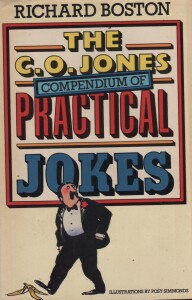 f laughter after hearing that Charles II had been restored to the throne, and the editor of the short-lived magazine The Vole, a pioneering ecological magazine. Boston lived in the same village ( Aldworth ) as Richard Ingrams and was friendly with him. He was also a pal of the artist and writer John Piper ( though Frances Spalding’s biography neglects to mention this fact ) and it was Piper, who may have supported The Vole
f laughter after hearing that Charles II had been restored to the throne, and the editor of the short-lived magazine The Vole, a pioneering ecological magazine. Boston lived in the same village ( Aldworth ) as Richard Ingrams and was friendly with him. He was also a pal of the artist and writer John Piper ( though Frances Spalding’s biography neglects to mention this fact ) and it was Piper, who may have supported The Vole 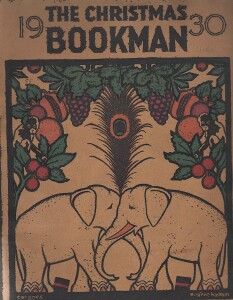
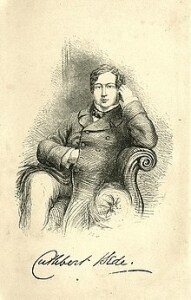
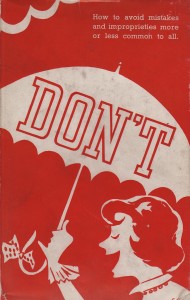
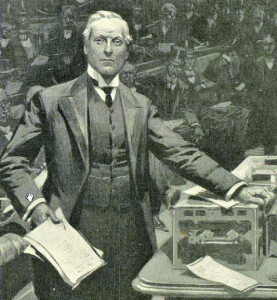 Found among papers at Jot HQ is this carbon copy of an anonymous typescript article on the Liberal Prime Minister H. Herbert Asquith (1852—1928). The author—evidently a Liberal supporter and a great fan of Asquith—reveals various tantalising clues as to his identity, but remains a mystery, despite intensive online research by your constant Jotter.
Found among papers at Jot HQ is this carbon copy of an anonymous typescript article on the Liberal Prime Minister H. Herbert Asquith (1852—1928). The author—evidently a Liberal supporter and a great fan of Asquith—reveals various tantalising clues as to his identity, but remains a mystery, despite intensive online research by your constant Jotter.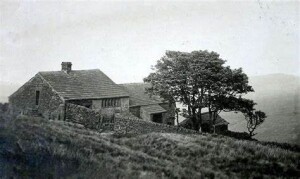
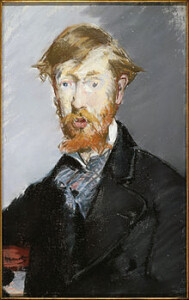 It’s always revealing to learn which books were the favourites of certain writers—and which books or writers were reviled. We know what Wyndham Lewis felt about the Bloomsbury set. It’s all in The Apes of God. It’s not a secret that Martin Amis worships Nabokov and Saul Bellow or that Kingsley Amis was a Janeite. The likes and dislikes of pre-modernist writers, however, tend to be less well known today, so it’s good to find someone expressing their secret admiration for a certain writer or a certain passage of prose or poetry.
It’s always revealing to learn which books were the favourites of certain writers—and which books or writers were reviled. We know what Wyndham Lewis felt about the Bloomsbury set. It’s all in The Apes of God. It’s not a secret that Martin Amis worships Nabokov and Saul Bellow or that Kingsley Amis was a Janeite. The likes and dislikes of pre-modernist writers, however, tend to be less well known today, so it’s good to find someone expressing their secret admiration for a certain writer or a certain passage of prose or poetry.